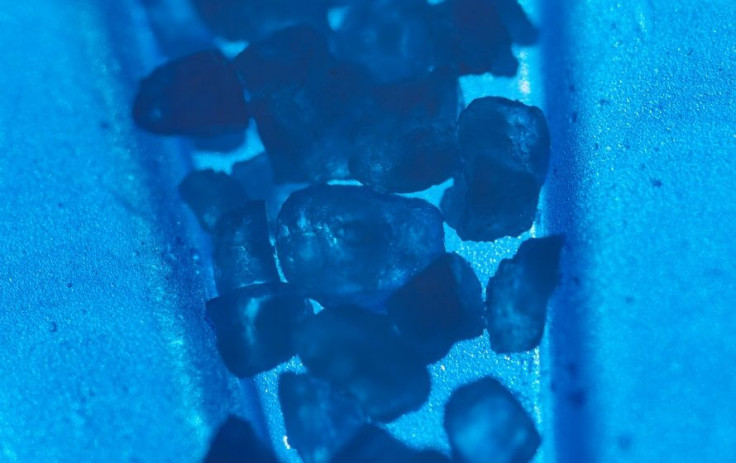Flakka Is Worse Than Meth: Study Finds Street Drug Has Similar Potency Yet Is More Addictive

Guinness won’t be adding flakka to its annual list of world records anytime soon, but according to scientists giving the street drug to rats, by now it’s probably earned a distinction as deadliest.
A new study published in Psychopharmacology found flakka (known in the lab as alpha-PVP) elicited similar responses in rats as bath salts, that other street drug, and had even more addictive power than meth. In recent years, both bath salts and flakka have been found responsible for causing spontaneous nudity, zombie-like behavior, and wild, sometimes fatal feats of aggression. People hallucinate, break into police stations, and impale themselves on fences.
Scientists from The Scripps Research Institute (TSRI) set up a standard model for gauging the drug’s addictive power. Each rat was hooked to a machine that would deliver a small dose of the drug, which they received by pressing a lever. Over the course of 20 one-hour sessions, the researchers upped the number of times the rats had to press the lever to receive the drug. By the end of the study, the rats were pressing the lever hundreds of times just to receive the small dose.
In a follow-up test, the team compared the number of times the rats pressed the lever for flakka compared to bath salts, which they used to assess relative potency. “Our data show that flakka is as potent as [bath salts], making it a very good stimulant, arguably with worse addiction liability than methamphetamine,” said senior co-author and TSRI Associate Professor Tobin J. Dickerson in a statement.
Doubly worrying for researchers is the drug’s low cost. At only $5 per dose, many officials fear the cheap high could end in catastrophe for people who get hooked. And while the incidents have mostly stayed localized to the South Florida area, production quality is ramping up, Dickerson says.
“These drugs are not made in garages anymore.” The underground drug market makes use of an extensive network of sophisticated labs, which law enforcement can’t always track down so easily. “As soon as one drug gets banned, here comes the next one, and the next one — and there's no evidence of any kind of safety testing prior to their release into the drug user population.”
Flakka was legal in the United States until 2014, when the U.S. Drug Enforcement Administration issued a temporary ban. Given the drug’s recent surge in prevalence, many believe the ban will become permanent. Bath salts, formally known as MDPV, a slight variant upon which flakka’s design was based, was made illegal in 2011. According to Dickerson, this is wholly a good thing.
“Animals will self-administer MDPV like no drug I have ever seen,” he said.
Source: Aarde S, Creehan K, Vandewater S, Dickerson T, Taffe M. In vivo potency and efficacy of the novel cathinone α-pyrrolidinopentiophenone and 3,4-methylenedioxypyrovalerone: self-administration and locomotor stimulation in male rats. Psychopharmacology. 2015.
Published by Medicaldaily.com



























